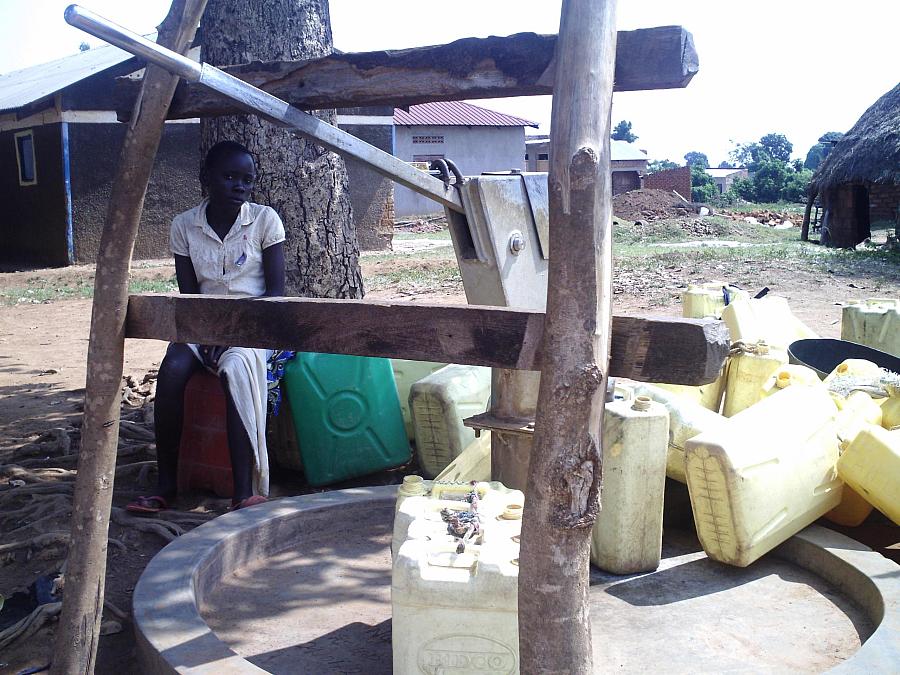The cost girls pay for domestic water in rural parts of Uganda

Jane Akiteng, 17, a resident of Kelim village in the Serere District of Eastern Uganda, is now a teenage mother after dropping out of school when she was barely 14 years old.
She would always report to school late and with time could not catch up with other pupils on lessons.
“I am the eldest in our family and my mother had just delivered. I was to fetch water for her to use while I was away at school. The water source was far, about 2kms walk, and sometimes I was forced to stay back home,” Akiteng said.
Like Akiteng, several girls across Teso are faced with similar challenges, having to walk long distances daily to fetch water for their families.
Once they are old enough, the younger girls also join this effort, spending countless hours trying to provide this basic life necessity.
Such challenges partly explain why many young girls in rural areas lose interest in formal education, and eventually fall out of the education cycle much earlier.
“Lack of accessible clean water is still a big challenge for rural communities, and failing to continue with education is the price some of the young girls have had to pay,” said Paul Odong, an official with ACH360, a Teso based health advocacy and communications organization.
He said for people in less advantaged communities to achieve equitable education for the girl child, there is need for increased access to clean and safe water in rural areas.
“Not only does walking for long distances keep children out of school, but these long hours spent out of home predispose these girls to many sexual temptations,” said John Eyanu, a Water, Sanitation and Hygiene (WASH) official with Build Africa, a charity involved in the retention of girls in school through increased access to water.
He said all the water needed for drinking, washing, cooking and cleaning in their families is the responsibility of these young girls. Many would never complete education with such predicaments.
“Access to water means education, income, and health, especially for girls and women. All stakeholders must work towards ensuring that conditions are made convenient for school age girls,” said Mr. John Robarts Okiror, the regional inspector of schools for Eastern.
He said performance indicators for girls faced with challenges of accessing water in their homes have been increasingly declining, and this has also affected the government’s program for Universal Primary Education (UPE).
The often unspoken part of poor access to water: girls’ personal hygiene. Mr. Okiror added that this additional struggle was robbing rural girls of their dignity.
The water crisis has perpetually locked rural woman in a cycle of poverty, meaning many young girls will continue dropping out of school.
To provide hope for generations ahead, much will count on the strength of the mothers to transform their communities, a step closer to ending the water crisis for rural homes.

